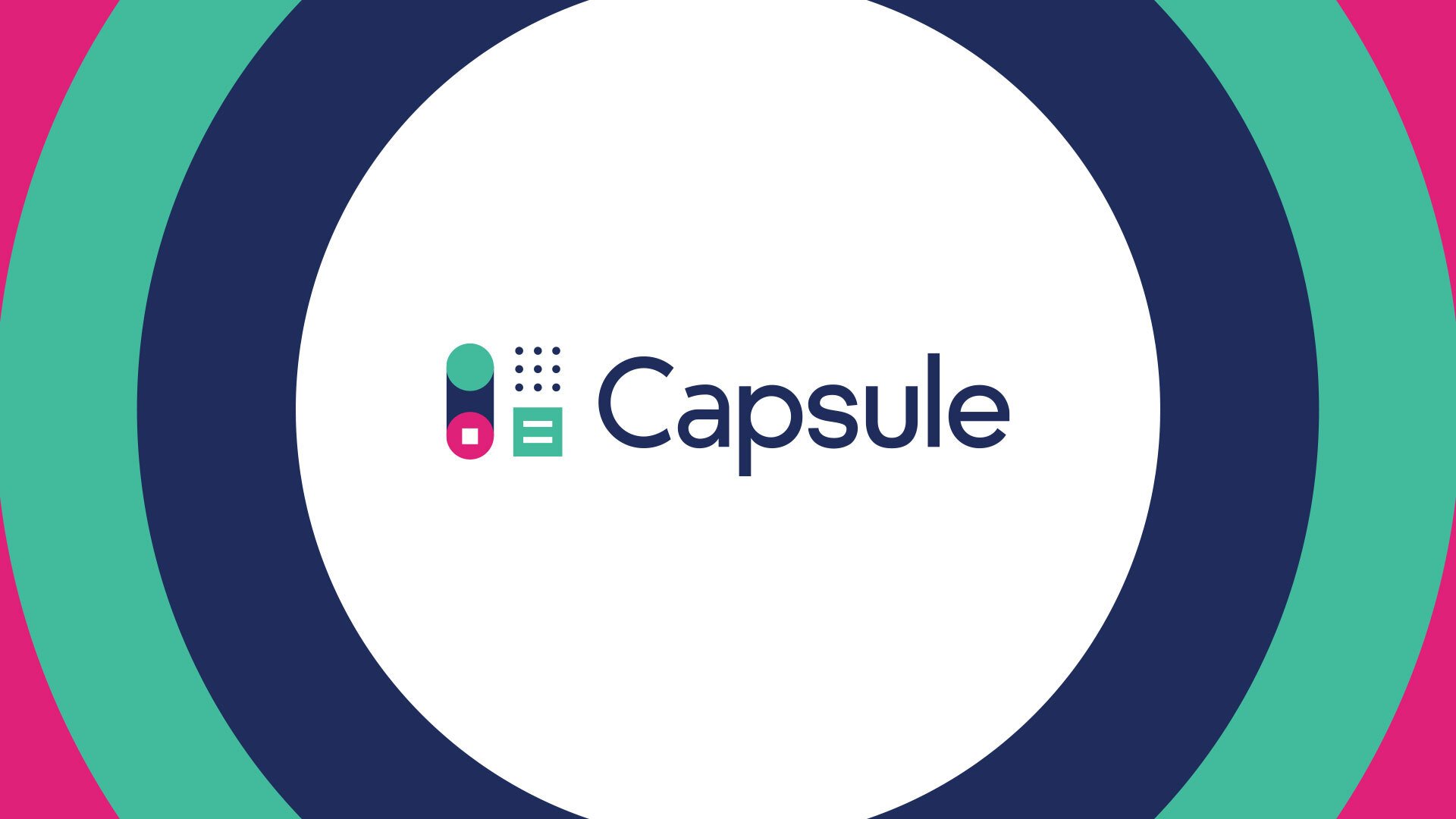One of the most significant challenges that businesses have faced over the last few years is keeping visibility of what’s going on when teams are working across multiple locations.
To do this successfully, you’ll need access to cloud-based software so that you can still get work done even when you’re not on the premises. Shared inboxes, messaging apps, phone systems, marketing tools and a CRM will all provide the flexibility and transparency you’re looking for.
Your team stay connected and motivated when they’re supported by a CRM that you’re getting the absolute most from.
Base check-ins around real data and work
Checking in with your team can often feel quite loose or as if you’re meeting for the sake of it. We often have regular meetings scheduled each week but are they always necessary? But, when you’re not bumping into people around the office you can often feel like you don’t know what other people are up to. So, how do you find the right balance?
A CRM can be a great way of addressing these two extremes and allow you to base check-ins around real work and data. Are the right people up to speed with the work that’s in the pipeline? Does someone need help to progress their work? Do the reports show that you’re on track to meet your goals?
When you base catch-ups around your CRM people not only feel connected to each other but feel they have a concrete idea of what’s happening in the business. Using your CRM as a source of truth ensures your team are more likely to keep it updated and organised as they know everyone is relying on the information that’s kept there.
No more information silos
A CRM helps you record activities related to your contacts such as calls made, emails sent, notes taken and documents shared. In Capsule, you can see these latest updates when you log in so you can see who’s been doing what and when.
You can take this one step further and look at activity-based reporting to see activities completed by each user and those specific activity types for any time you have selected. These types of features are particularly useful for managers to see how the team is performing and offer support where necessary.
Cross-department collaboration
Long gone are the days when a CRM was only about storing and managing customer information and sales leads. Now CRMs come with a whole host of features that many parts of the business can utilise.
Once the sales team has done their job, those customers can be handed over to support staff, account managers, or those who carry out the work. For example, with Capsule there are project management features that your team can use to carry out any work that’s not related to a sale, like for an event or delivering a service that the salespeople have sold.
If you’ve hooked up your favourite integrations such as email marketing, telephony and accounting then this allows for even more transparency.
The marketing team can work on getting more leads in the funnel, sales can use telephony systems to call directly from a CRM, while accounting can check on financials. The added benefit of keeping everything in one place is that you cut down on having to duplicate information across systems, reduce errors from having to move information between systems and save time in the process.
With such a range of functionality, it’s easier for different departments to see what’s happening, allows for better communication with customers and gives you greater insight into the business outside of the people that you’re closely working with.
Sell on the move
Some businesses rely on people that can do their jobs on the go - field sales, marketing and events. Sometimes these people need to update their accounts on the go as vital information can be forgotten or lost if they wait until they get back to their desks.
Most CRMs will have a mobile app that helps home, office and field-based employees stay connected. Those based in the field should have access to a CRM’s mobile app and then be able to start calls, send emails and text messages from a contact’s profile, and then log this activity as soon as it’s completed.
All team members can then see this no matter where they are. As well as this - if the opposite happens - someone else sends an email, uploads a document or assigns a task, an employee who’s on the go will be able to see this so they’ve got the most up-to-date information before they make a call or step into a meeting.
More than staying in touch
As you can see there are a multitude of benefits that having and maximising the use of a CRM can bring. Not only do you have a better overview of what’s happening at work, but you can get more done.
It becomes faster to assign work and for that work to get done, it becomes easier to keep your customer in the loop of what’s going on with a deal or project and there’s more transparency, less confusion, and more accountability. By using a CRM as the hub of your business activity everyone can see that they’re not working in a vacuum. Being part of a successful business is a team effort.
You can learn more about Capsule here.
.png)


